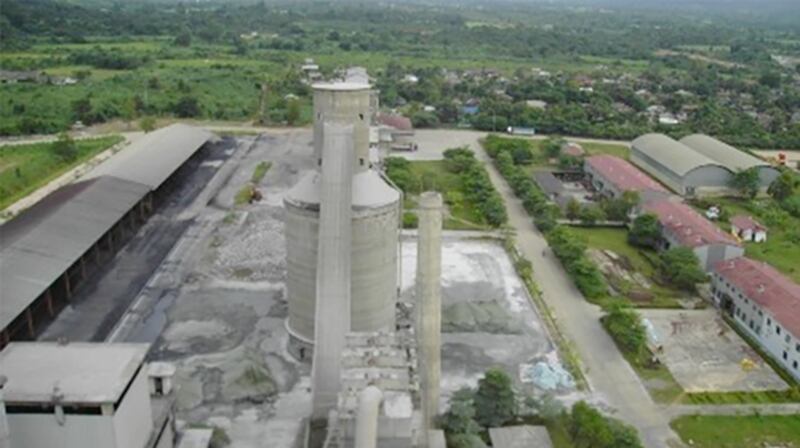Chinese companies are renting and converting buildings into hotels and restaurants in Luang Prabang and constructing hotels in Vang Vieng as they work to develop more tourism facilities along the US$6 billion railway it helped build in 2021, tourism officials told Radio Free Asia.
The hotels and restaurants in Luang Prabang – Laos’ top tourism destination – are being set up near the town’s train station or near the Mekong River with Chinese tourists in mind, a hotel operator there said.
“The hotels will belong to the Chinese, and the restaurants will belong to the Chinese too,” another Lao businessman told RFA. “Of course, the money will go to China. Laos and its people will get almost nothing.”
Luang Prabang, with its architectural and cultural significance, has been a UNESCO World Heritage site since 1995.
It’s one of 10 passenger stations along the Laos-China High Speed Railway route, which opened in 2021 and runs from southwestern China’s Yunnan province via the border town of Boten in Laos’ Luang Namtha province to Vientiane.
It’s the first railroad to penetrate any distance into Laos, a country whose transport infrastructure was long constrained by its poverty, mountainous terrain and sparse population.
Theaters and elephant rides
Another passenger station is in Vang Vieng, considered one of the country’s most scenic areas with its lagoons, rivers and limestone caves. Chinese companies are planning tourist complexes at an old cement plant and at the town’s abandoned airport site, a tour company owner said.
“In Vang Vieng, Chinese businesses are already everywhere,” the operator said. “The Chinese come here, then open up small stores selling tour packages to Chinese tourists.”
The project at the cement plant will include a museum, a botanical garden, a zoo, a theater, a replica of the ancient city of Lanxang, elephant parades and rides and a shopping mall, according to the official government news agency, Khao San Pathet Lao.

The airport project will include a five-star hotel, a hospital, a tourism school, a multi-ethnic cultural theater, and possibly a casino, according to provincial authorities.
In addition, a resident in Boten told RFA that a Chinese company is renovating an old casino about 18 km (11 miles) from the train station.
“The Chinese are working on the project every day, step by step and little by little,” the resident said.
Minister of Information, Culture and Tourism Suansavanh Viyaketh mentioned the Chinese projects in Vang Vieng and Luang Prabang during a seminar on Laos-China cooperation in Vientiane on Dec. 7.
Chinese tour guides
Laos has seen an influx of Chinese tourists since Beijing lifted COVID-19 restrictions on outbound travel in December 2022. Laos fully reopened its doors to foreign visitors in May 2022.
Earlier this year, Laotian tour guides complained that they are increasingly losing business to Chinese nationals offering unofficial tours to visitors from China.
The Lao government requires that tour services be provided by Lao nationals. But the growing number of unlicensed Chinese tour guides in Luang Prabang was seen as more evidence of China’s expanding influence in the country.
Chinese investors are also behind a number of hydroelectric and agricultural projects in Laos. Much of Laos’s recent economic growth has been generated through land concessions to China, Thailand, and Vietnam to exploit natural resources including timber and minerals.
But the policies have sparked friction over cases of environmental pollution and land taken without proper compensation.
“The Chinese are developing tourist sites. That’s good,” a former Luang Prabang province tourism official told RFA. “But the Chinese shouldn’t take over all the services. The services in the tourist sector should be reserved for Lao people.”
Translated by Max Avary. Edited by Matt Reed and Malcolm Foster.
